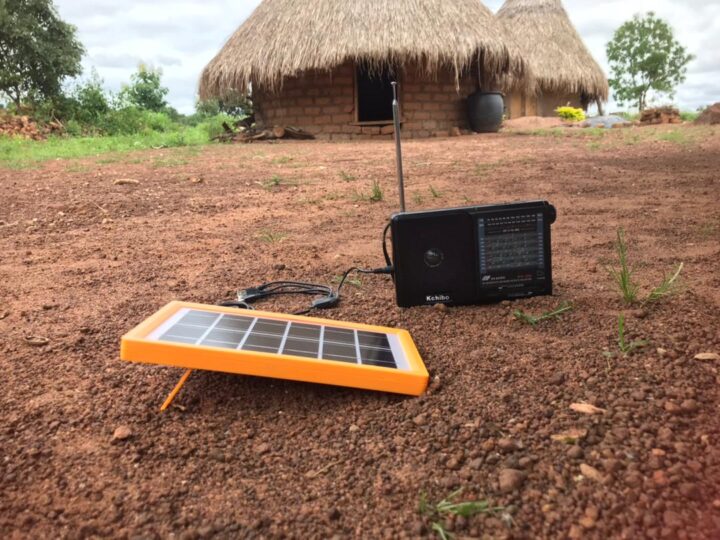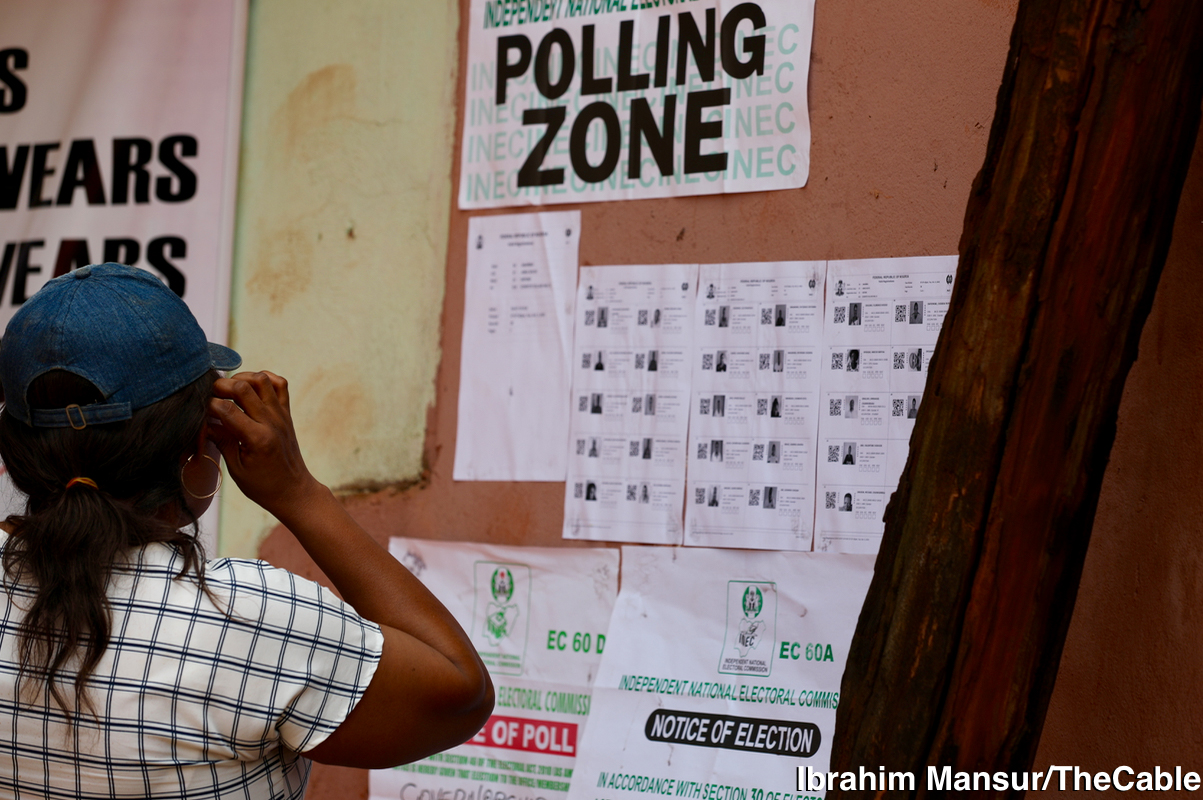BY CHINEDU GEORGE NNAWETANMA
According to the latest Consumer Price Index report of the National Bureau of Statistics (NBS), Nigeria’s inflation rate for March 2022 stood at 15.92%. This represents the highest rate recorded in the country since October 2021, when it was at 15.99%. One of the major factors responsible for this spike is rising energy prices in the country and around the world, which can be seen as a direct impact of the ongoing war between Russia and Ukraine.
The conflict between the world’s second-largest exporter of oil, Russia, and its Eastern European neighbour, Ukraine, has created fears in international markets of an impending shortage in the supply of oil due to the economic sanctions and embargoes imposed on Russian exports by NATO member states. As with every other commodity that obeys the law of demand and supply, this market sentiment has increased the demand for oil (and, consequently, its price) as companies around the world position themselves to hedge against any future shortages.
Even before Russia’s invasion of Ukraine, energy prices had been on the increase in the country with the price of petrol surging beyond N170/litre (from N165/litre) in many parts of the country as consumers grappled with fuel scarcity caused by the recall of the adulterated petrol of about 170m litres that was in circulation at the beginning of the year.
Advertisement
The price of diesel has also shot up significantly since the beginning of the year, moving from an average of N288/litre in January 2022 to over N700/litre by the end of March 2022. Many businesses that depend almost entirely on diesel-powered generators have been forced to adjust their operating hours to reduce their operating cost.
The National Electricity Regulatory Commission (NERC) also recently revealed that electricity tariffs charged by electricity distribution companies (DisCos) in Nigeria would go up in the coming months following the removal of power sector subsidies by the Federal Government.
These rising energy costs, coupled with inadequate power supply from the national grid, have made it necessary for business owners in Nigeria to explore cheaper off-grid sources of energy.
Advertisement
Renewable energy sources like solar, wind, biomass, hydro, geothermal, tide and wave readily come to mind when the discussion around alternative energy arises. However, of the lot, only solar energy is widely available in the Nigerian market for both residential and commercial use. This is due to the relative advancement in indigenous expertise in solar photovoltaic technology, especially as it relates to the assembly, installation and repair of solar panels.
SMEs and other businesses looking for more affordable long-term alternatives to fossil fuel energy sources can look towards solar energy. Though the initial outlay on procuring a solar energy system (solar panels, batteries and inverters) may be huge, it doesn’t come with the regular purchase of fuel as its source of energy comes freely from nature.
Solar energy systems are also substantially more durable than petrol-powered and diesel-powered generators. A solar battery can last between 5 – 15 years, while the lifespan of a typical solar panel is between 20 and 25 years, with both requiring minimal and infrequent servicing.
To eliminate the impact of the initial outlay on solar solutions, businesses can take advantage of the various flexible payment plans made available by solar energy companies. Many solar energy service providers in Nigeria have come up with lease-to-own plans that enable customers who cannot afford to pay outrightly to pay by installments over a tenor of 1 – 6 years, while others have rolled out usage-based payment models that only charge customers for the units of energy they consume. Low-cost financing options from commercial banks are also available for businesses and households that want to transition to solar.
Advertisement
All in all, the market for solar energy – and other forms of renewable energy – in Nigeria is huge, as many communities in the rural parts of the country still lie beyond the reach of the national grid, while those that have access to it complain of its inadequacy. According to the Association of Nigerian Electricity Distributors, Nigeria currently has an electricity supply gap of about 180,000 MW and some of this gap can be filled by renewable energy.
The government has thus far played a critical role in encouraging the growth and development of the renewable energy industry in Nigeria by offering various forms of incentives to foreign and domestic investors. It can complement this by offering incentives that will increase the demand for renewable energy by the general public, especially businesses, such as offering tax credits to businesses that transition from polluting and hazardous fossil-fuel-generators to renewable energy sources.
Besides its positive impact on the environment and on the bottom line of these businesses in terms of cost savings, the adoption of renewable energy will curb the demand for, and importation of, petroleum products and go a long way in stabilizing the foreign exchange rate. According to the Central Bank of Nigeria (CBN), about 40% of the country’s scarce FX is spent on the importation of petroleum products like gasoline (petrol) and diesel annually.
The adoption of renewable energy has a far-reaching positive impact on both businesses and the society, and it is a strategy that the government and Nigerian businesses should elevate to the front burner.
Advertisement
Chinedu George Nnawetanma is a strategy professional, SME and startup advisor, and sustainable development advocate. He can be reached via the [email protected].
Advertisement
1 comments







I agree with Chinedu George Nnawetanma that Nigeria’s market for solar energy is enormous.
However, I think the government needs to do more to encourage the growth and development of the renewable energy industry in Nigeria.
I believe the government should incentivize businesses to transition from polluting and hazardous fossil-fuel generators to renewable energy sources.
This would have a far-reaching positive impact on both businesses and society. Therefore, it is a strategy that the government and Nigerian businesses should elevate to the front burner.